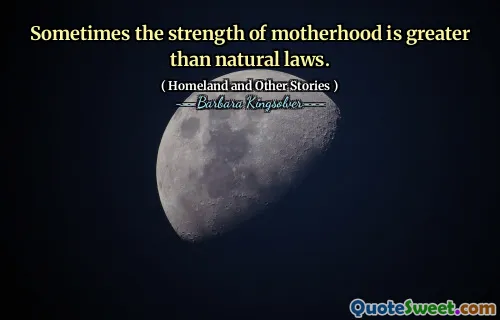In fact, he couldn't be that kind of dad anymore. That time was over. It was as if God would suddenly decide to be God again several quadrillion years after he created the world. He could not only dip down from the sky and say: Oh no, you should not have placed Empire State Building there, and you should not have arranged it so that the African peoples get less money, and you should not have let them make nuclear weapons. Because then you could say to him: Is it a little late to point it out now? Where did you hold a house while we were thinking about those things?
The passage reflects on the idea of responsibility and the limitations of intervention, likening a father's inability to reclaim a certain role to the concept of divine oversight. It suggests that once choices are made, especially significant ones, it's impractical to expect arbitrary corrections or insights from a higher power. The comparison holds a sense of frustration regarding past decisions that remain unaltered over time, emphasizing the permanence of actions and their consequences.
This analogy raises questions about accountability and the timing of intervention, illustrating how hindsight often enables a clearer perspective that is unavailable during the decision-making process. It challenges the assumption that one can easily rectify past mistakes, whether in familial roles or broader global issues. Ultimately, it underscores a sense of helplessness about rectifying established realities and the complexities of moral authority.

